How to Make Hypochlorous Acid
Hypochlorous is highly regarded for its powerful sanitizing properties, making it an invaluable solution for a variety of industries including food processing, animal husbandry and agriculture. Hypochlorous generators play a vital role in producing this effective sanitizing solution. In this guide, we will delve into how Hypochlorous is manufactured, explore the benefits of using different types of generators, and provide insights on finding reliable suppliers and manufacturers in the industry.
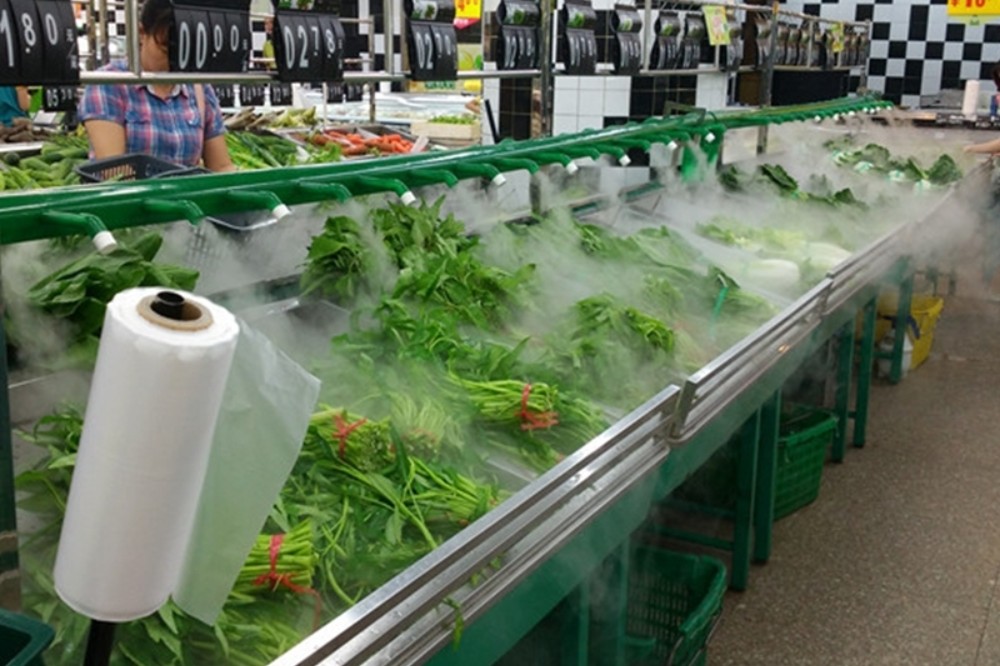
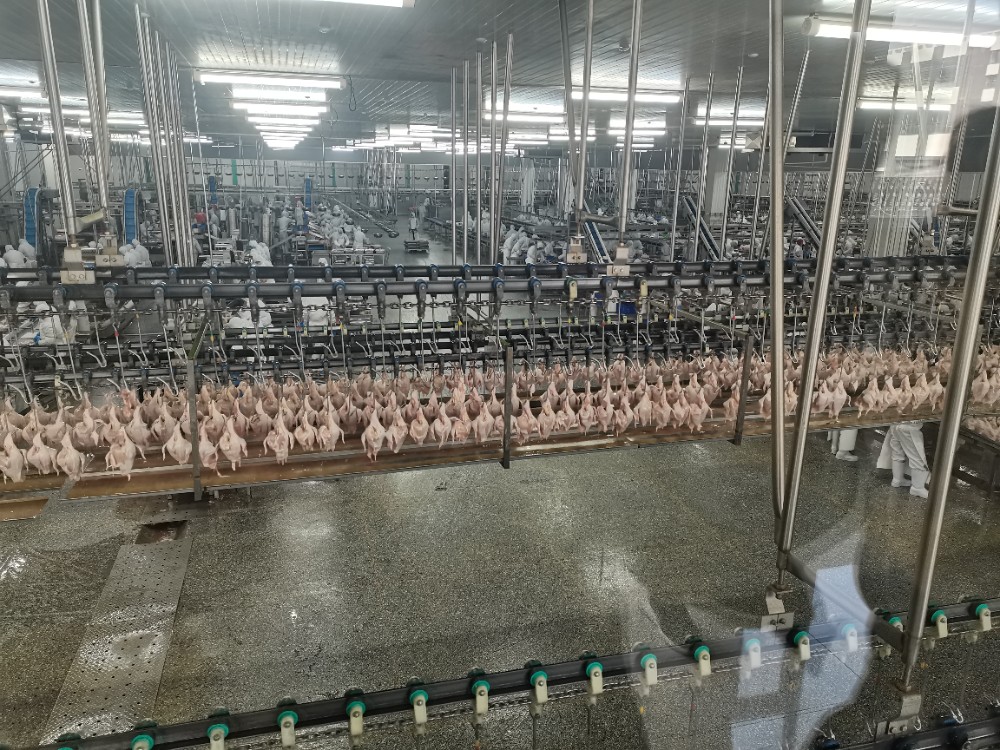
Understanding Hypochlorous Acid and Its Applications
Hypochlorous acid is a weak acid with strong oxidizing properties known for its ability to eliminate a wide range of pathogens, including bacteria, viruses, and fungi. Its versatility makes it the first choice for disinfection in a variety of environments, such as:
Food Hypochlorous Generators: ensure food safety by effectively disinfecting processing equipment, surfaces and water used in food production.
Livestock Hypochlorous Generators: promote animal health and hygiene by disinfecting animal housing, equipment and water.
Agricultural Hypochlorous Generators: ensure hygiene and safety in agricultural cultivation.
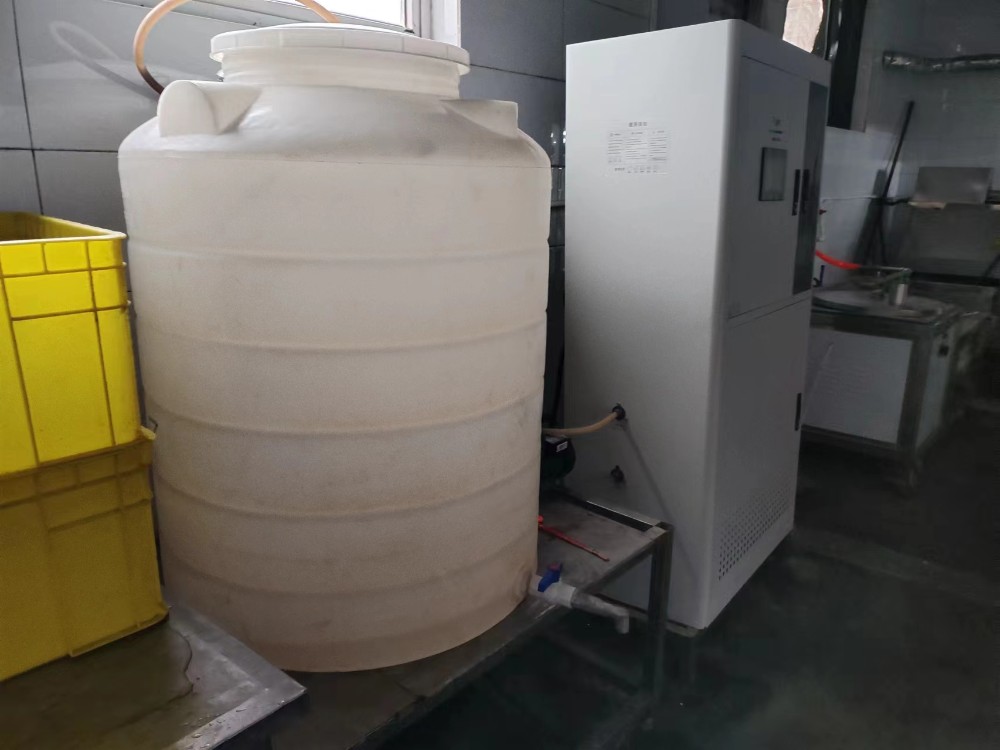
How to Manufacture Hypochlorous: description of the process
The production of hypochlorous involves the electrolysis of a dilute hydrochloric acid solution, usually a 5% concentration of hydrochloric acid solution (HCL). The following is a step-by-step guide on how to manufacture hypochlorous using a generator:
Prepare the Electrolyte Solution: Hydrochloric acid is first diluted to a 5% concentration to produce the electrolyte solution. The concentration of the dilute hydrochloric acid solution will determine the strength of the hypochlorous produced.
Set Up the Generator: Place the electrodes in the electrolyte solution and make sure they are properly immersed. Connect the electrodes to the power supply to start the electrolysis process.
Electrolyzing the Solution: Apply current to the electrodes to start the electrolysis process. This will produce hypochlorous acid.
Collecting and Storing Hypochlorous: After the electrolysis is complete, you can collect the hypochlorous solution for immediate use or store it in a suitable container for later use.
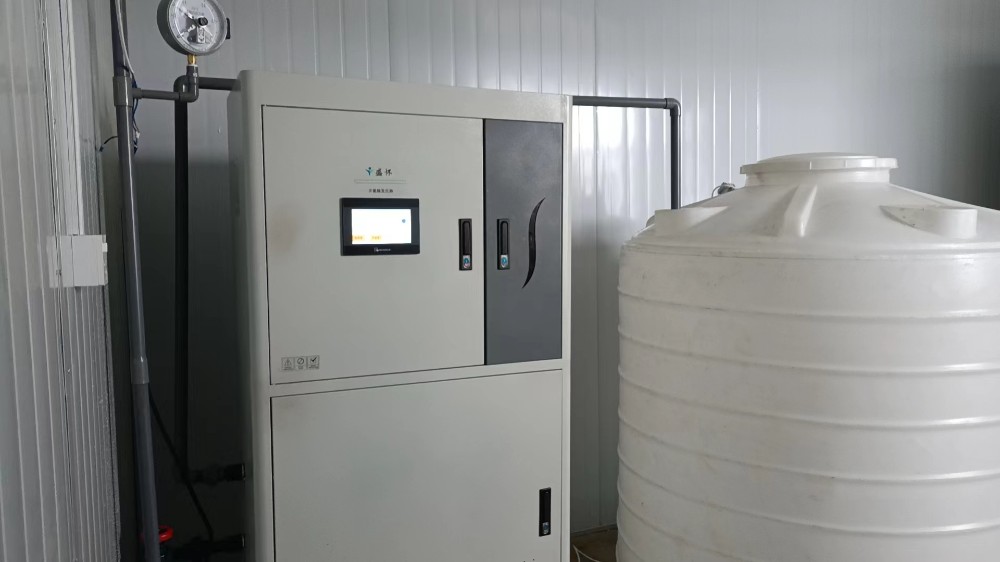
ADVANTAGES OF DIFFERENT TYPES OF HYPERCHLOROCHLORIC ACID GENERATORS
Various types of hypochlorous generators are available in the market, each with unique features and advantages. The following are some of the common types and their advantages:
Batch Mode Generator: Ideal for small scale production with manual operation and suitable for on-demand use in food processing plants.
Continuous Mode Generators: Designed for large-scale production to ensure a steady supply of hypochlorous for livestock or agricultural disinfection.
Portable generators: compact and lightweight, offering flexibility for on-site applications in different environments.
Automatic generators: equipped with an advanced control system for precise monitoring and adjustment of electrolysis parameters.
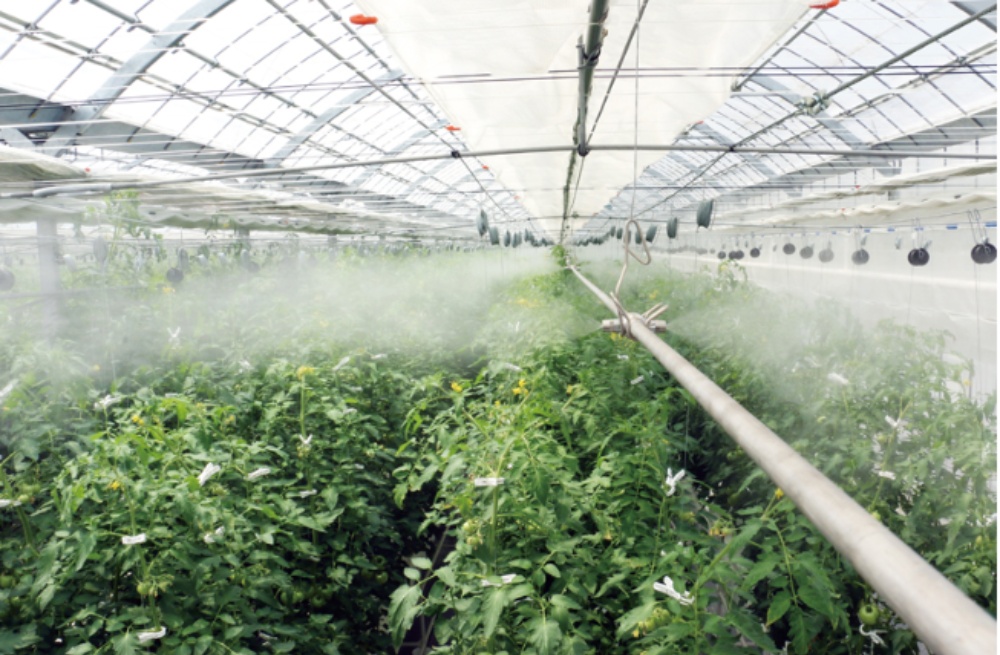
Finding Reliable Hypochlorous Generator Suppliers and Manufacturers
When sourcing a hypochlorous generator for your specific needs, it is critical to work with reputable suppliers and manufacturers in the industry. Consider the following factors to make an informed decision:
Quality Standards: choose a supplier that adheres to industry standards for generator performance and safety.
Customization Options: Look for a manufacturer that offers solutions tailored to your production requirements and operational setup.
Technical Support: Choose a supplier that offers comprehensive training, maintenance services and troubleshooting assistance.
Cost-effectiveness: Evaluate the overall value proposition, considering the initial investment, operating costs and long-term benefits.
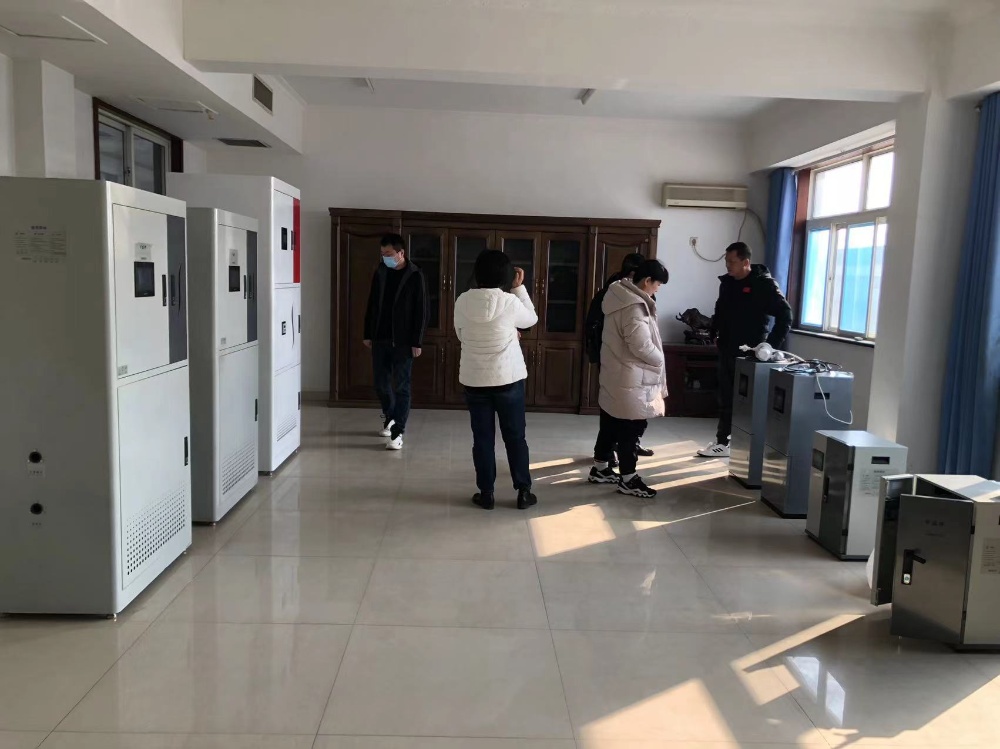
In conclusion, mastering the process of hypochlorous preparation is the key to effectively utilizing its disinfectant properties. Whether you are involved in food processing, animal husbandry or agricultural sanitation management, understanding the intricacies of hypochlorous generation is critical to ensuring a safe and sanitary environment. By choosing the right type of generator, working with reliable suppliers and manufacturers, and following best practices in production, you can take your hypochlorous disinfection solution to the next level.
